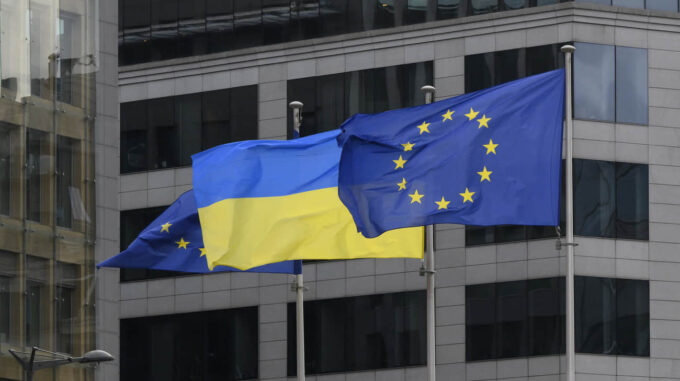The European Commission is preparing a new, 18th package of sanctions against the Russian Federation in connection with its aggression against Ukraine

A key measure planned within it is the introduction of restrictions on the price level of Russian oil, aimed at reducing the Kremlin regime’s revenues and increasing pressure on its financial flows. According to information published by «European Pravda» citing Ricard Jozvyak, European policy editor for «Radio Free Europe/Radio Liberty», several sources report that on June 10 the European Commission will present its proposals to the Union member states regarding the new sanctions package. Among the main initiatives is the establishment of a “price cap” on Russian oil, which currently stands at about $60 per barrel. Countries in the Baltic and Northern Europe have shown particular interest and active support for this initiative, having long called for stricter economic measures against Moscow. They believe that lowering the maximum price for Russian oil to $45 could significantly impact Russia’s revenues, which have already decreased substantially due to sanctions restrictions. As a reminder, on May 20, the Council of the European Union approved the 17th sanctions package against Russia in response to its aggression and use of chemical weapons against Ukrainian citizens. The package also includes personal sanctions against Russian and pro-Russian figures involved in destabilization activities and hybrid warfare, as well as sanctions for destabilizing the internal political situation in Ukraine. Lithuanian President Gitanas Nausėda openly expressed his dissatisfaction with the scope and strength of the current restrictions. He considers the 17th package too lenient and calls for the implementation of more stringent measures in the future, emphasizing the need for maximum unity and resolve in the fight against Russian aggression. The European Union plans to announce the new sanctions package in the coming days, and its implementation could represent an important step in increasing economic pressure on Russia. At the same time, experts note that such measures should be targeted and balanced to reduce potential negative impacts on Europe’s energy sector and avoid creating additional problems on global energy markets. The main goal of the new initiative is not only to restrict financial flows to the Kremlin but also to strengthen diplomatic pressure for dialogue and the search for a peaceful resolution regarding Ukraine. However, during the preparation for the official announcement of the sanctions package, EU countries remain alert to further measures, considering the evolving situation on the frontlines and in international policy.

